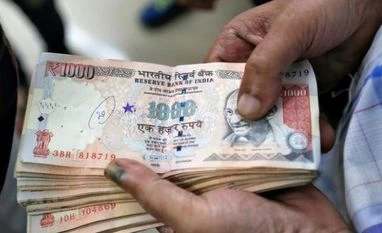This is around 94% of the Rs 15.44 lakh crore put out of circulation on November 8. Any eventual one-time windfall gain accrued to the central bank will be closer to Rs 90,000 crore as on date, much less than the RBI and the Centre’s initial estimates of as much as Rs 3 lakh crore. December 30 was the last date for depositing old notes in banks.
To read the full story, Subscribe Now at just Rs 249 a month
Already a subscriber? Log in
Subscribe To BS Premium
₹249
Renews automatically
₹1699₹1999
Opt for auto renewal and save Rs. 300 Renews automatically
₹1999
What you get on BS Premium?
-
Unlock 30+ premium stories daily hand-picked by our editors, across devices on browser and app.
-
Pick your 5 favourite companies, get a daily email with all news updates on them.
Full access to our intuitive epaper - clip, save, share articles from any device; newspaper archives from 2006.
Preferential invites to Business Standard events.
Curated newsletters on markets, personal finance, policy & politics, start-ups, technology, and more.
Need More Information - write to us at assist@bsmail.in
)